| All four books in A Dragon’s Guide to Destiny are now available to read for free in KindleUnlimited, a lending library program through which you can borrow up to ten books at a time and pay only a monthly fee of $9.99. The first trial month is free.Learn more about Kindle Unlimited here.
Get Gone to Flowers here. |
Book 4 of A Dragon’s Guide to Destiny
Book 1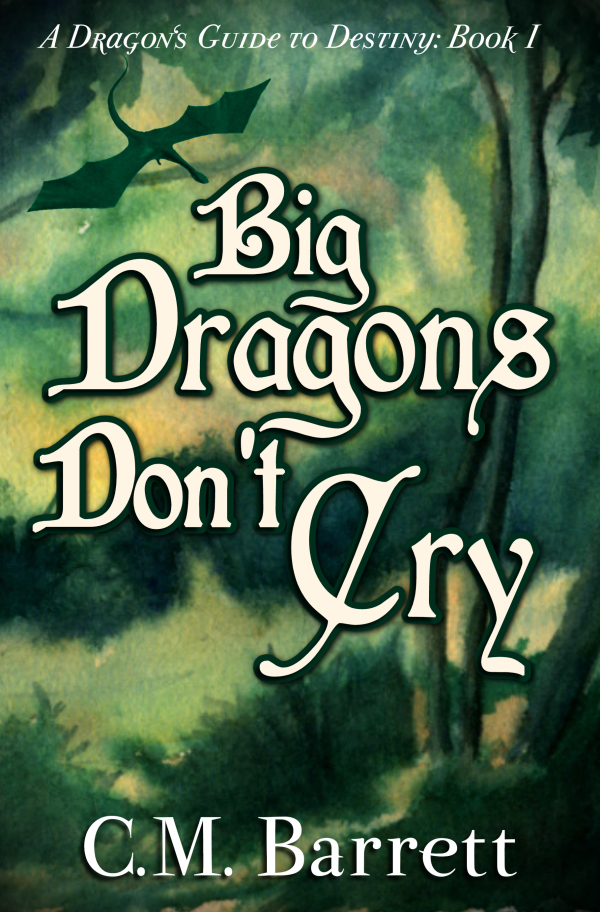 |
A cunning opportunist incites the people of Oasis to kill the local dragon so that he can convert Druid’s swamp into suburban housing. The would-be dragonslayer also plans to have the Guardian of Oasis assassinated and assume power. Unless the dragon joins a kitten with attitude and a human with suspicious psychic gifts, Oasis is finished. Read more here. |
Book 2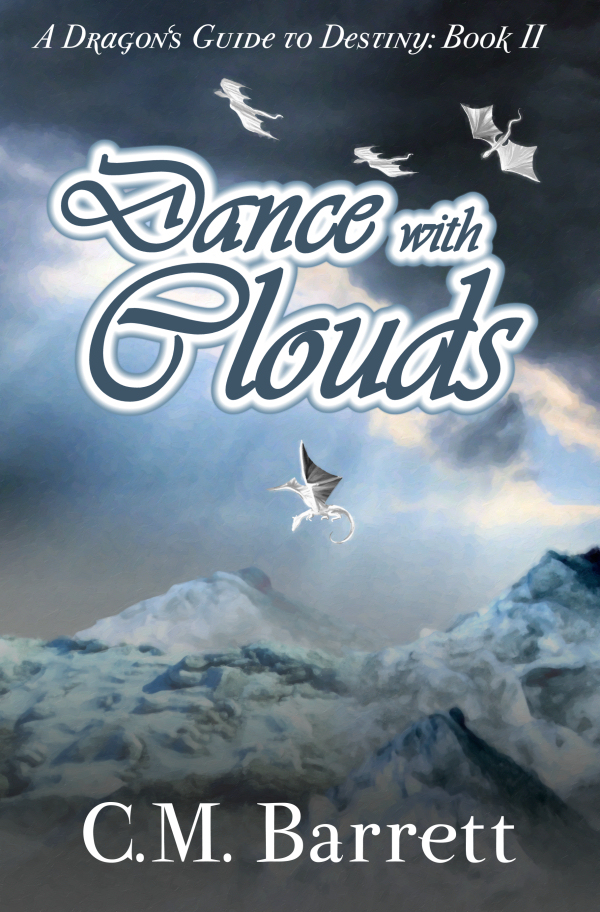 |
For centuries, a priestess cult has ruled the land of Dolocairn. Now drug lords seek to take control. As part of their campaign to broaden their power, they use drugs that induce amnesia and death to attack the land of Oasis. Serazina, the Heroine of Oasis, must go to Dolocairn to stop them. Tara, a fearless kitten, and Druid, a melancholy dragon, accompany her. They may not get out alive. Read more here. |
Book 3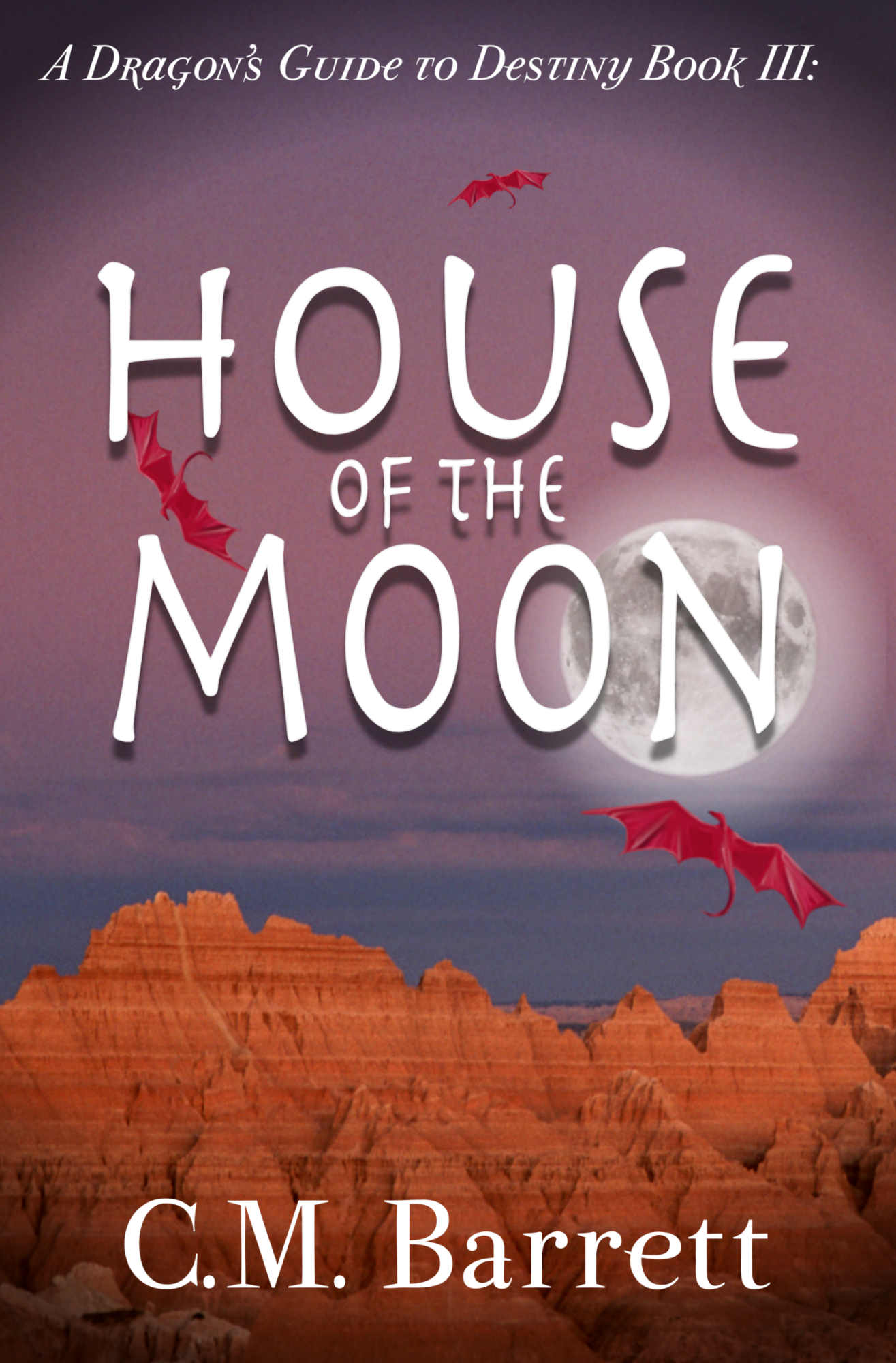 |
In the deep desert of Etrenzia, a young scientist is kidnapped. Her sister, Serazina, Heroine of Oasis, braves giant snakes, sandstorms, and invisible enemies to try to rescue her. Phileas, Guardian of Oasis, who has fallen in love with her, shares her ordeals. Neither of them knows they are being lured to the desert for a purpose far more sinister than their worst fears.Read more here. | Book 4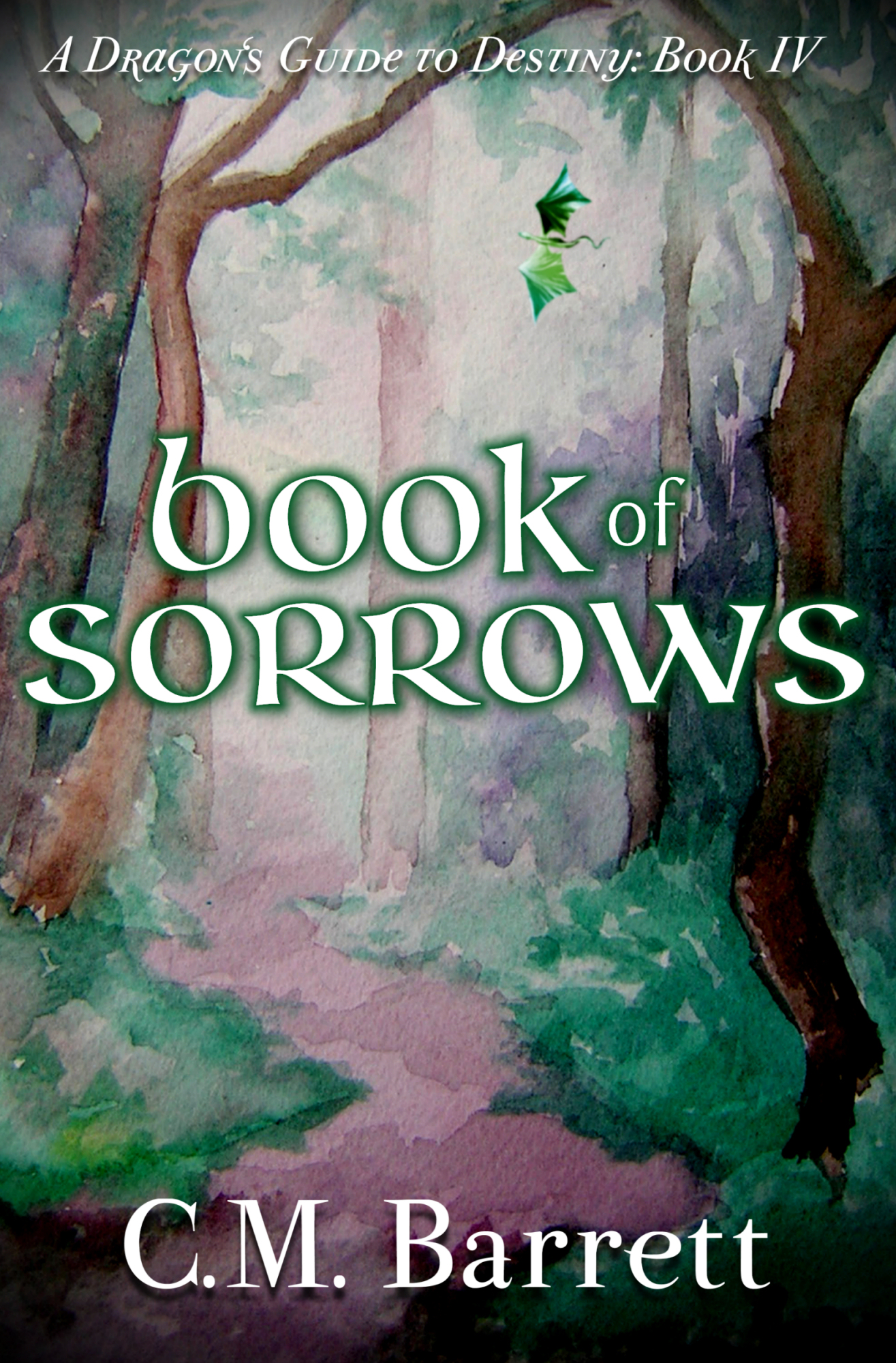 |
The four stars of the series-a dragon, a cat, and two humans-go to the land of Tamaras to investigate a series of earthquakes. They travel through layers of mystery and deceit to an underground world, where a dragon queen appears to hold total power. Here they discover that invisible forces control the populations both above and belowground through a mysterious force called The Book of Sorrows. Read more about the book here. |
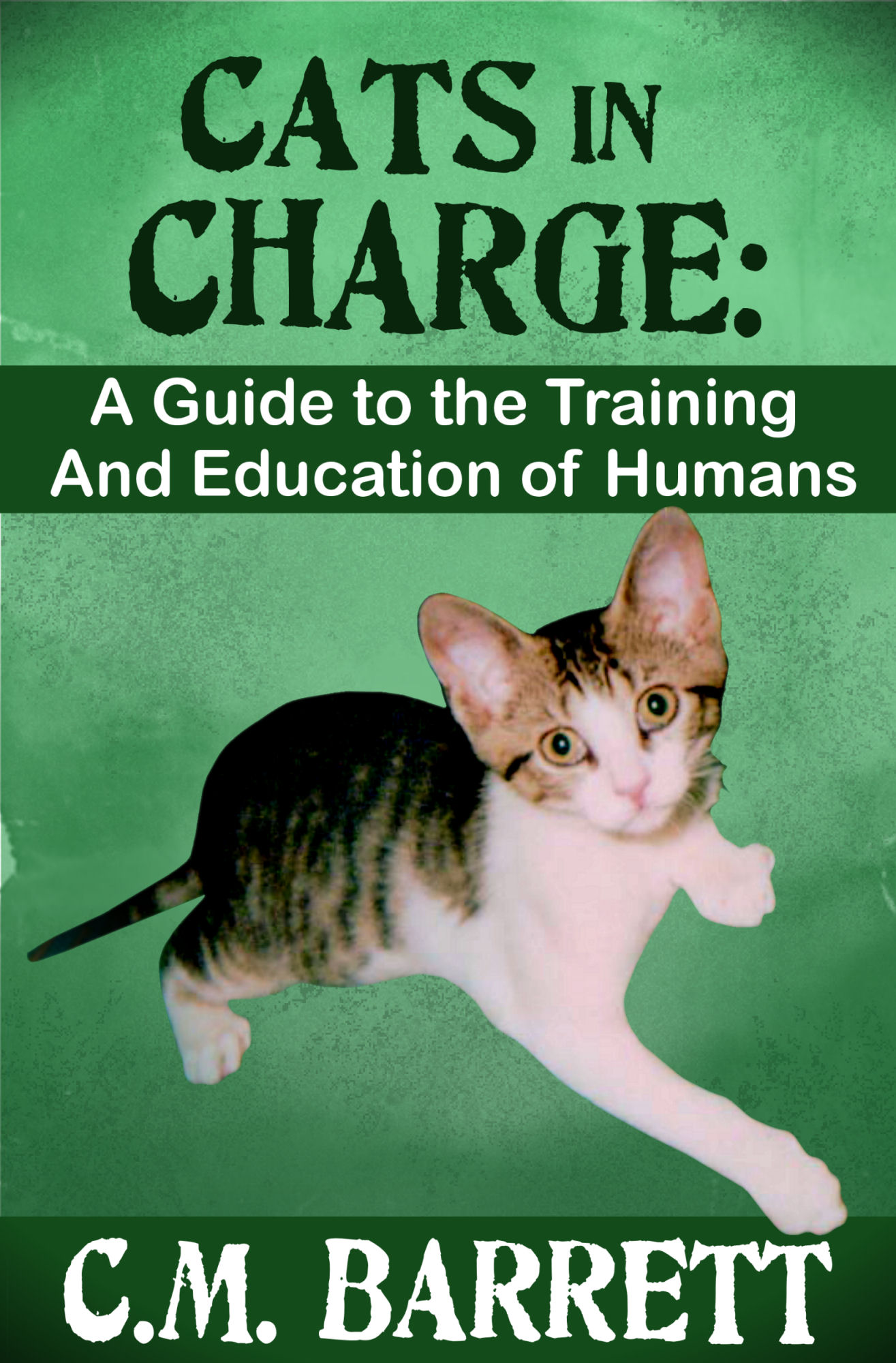 |
Written by Tara, a main character in the Dragon’s Guide to Destiny series and a cat who has devoted her life to training humans, this book brings her expertise to answer cats’ urgent questions about choosing the right humans, taking control of the household, getting the best food, toys, treats, and pouncing on a life where cats are truly in charge. Read more here and see your buying choices. | 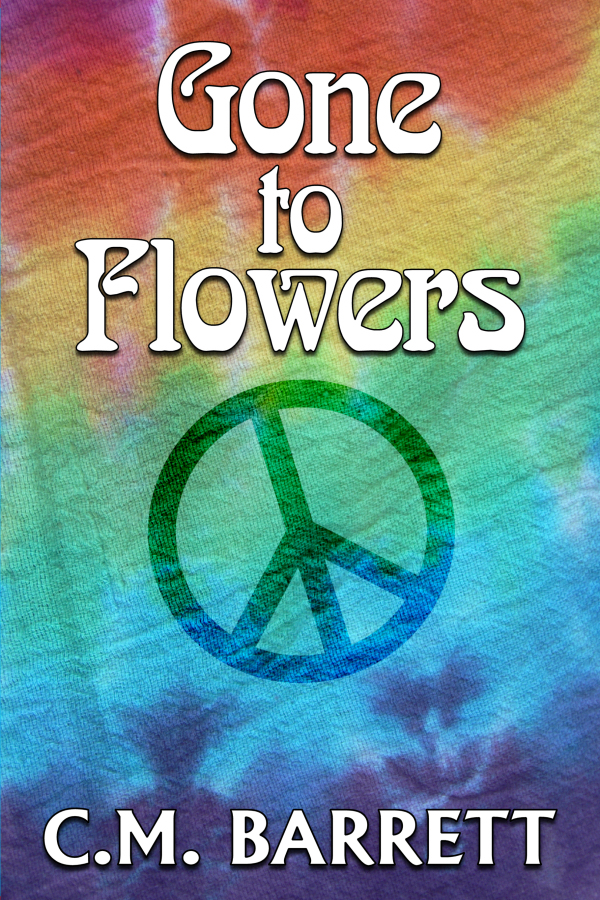 |
Time-travel to the 1960s and enter the lives of four young people living with others in a rural commune. This novel will take you beyond sex, drugs, and rock n ‘roll to their challenges with love, loyalty, and self-discovery.See the top of this page to learn how to read this book for free.
Read more here. Read the first chapter. |
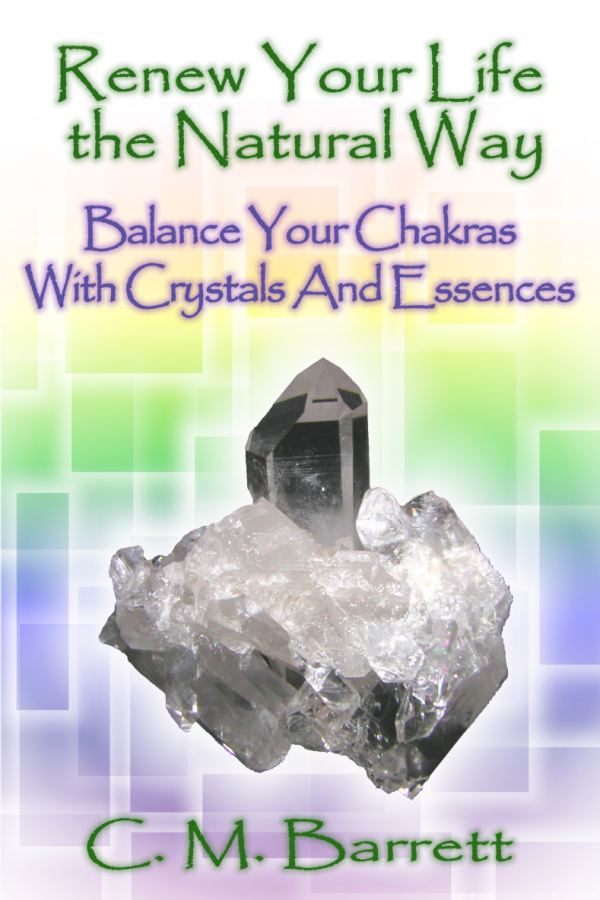 |
NEW! Previously taken as a course by people all over the world, this book provides a practical and literally hands-on approach to chakra balancing using crystals and essences. Each chakra is related to a key area of life, such as grounding, sexuality, abundance, love, creativity and communication, intuition, and oneness.Read more here, including a sample chapter. Here you can also see your buying choices. | 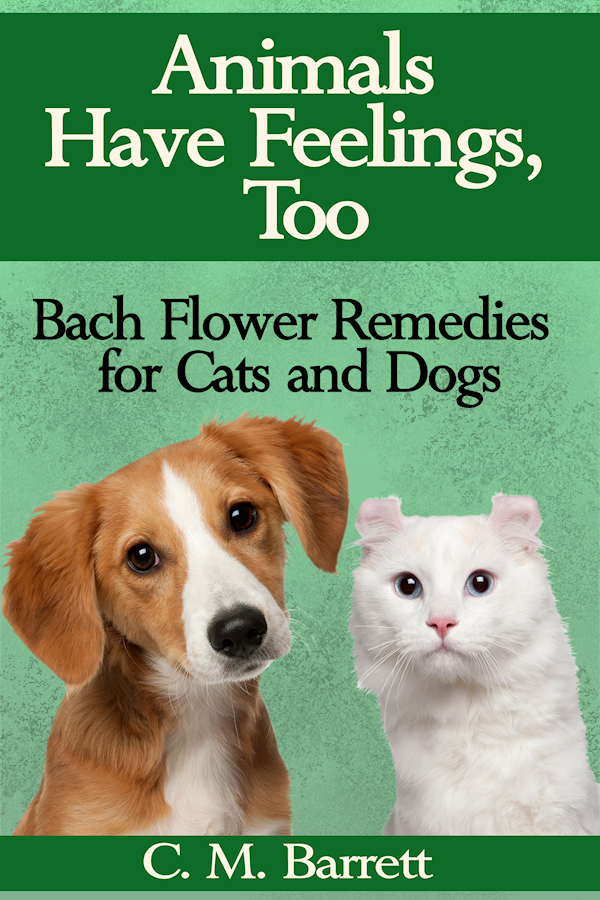 |
This book incorporates what I’ve learned since becoming a Bach Flower Remedies practitioner in 1990. Much of my practice has been devoted to counseling for companion animals.
Read more here, including a sample chapter.
Available at amazon.com and other bookstores. |

